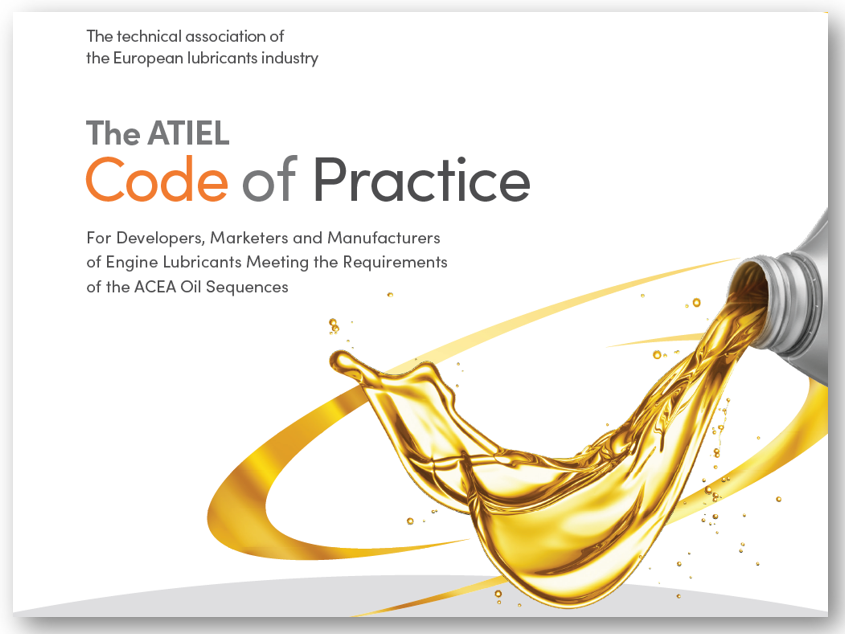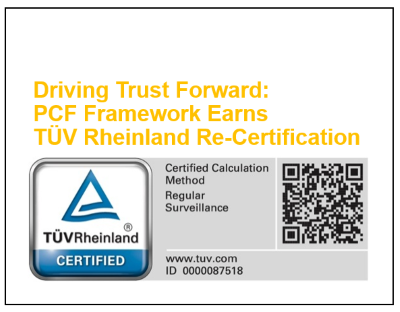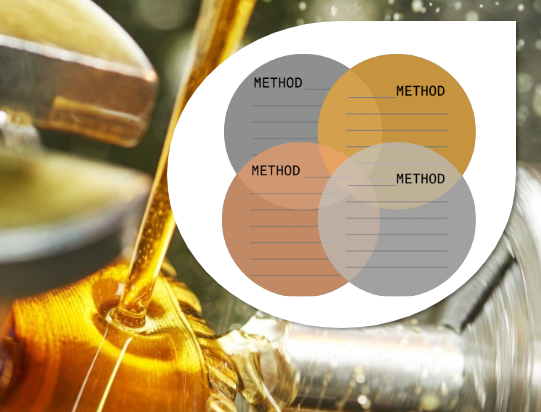Press Release – ATIEL Code of Practice Issue 26 – 19th December 2025

ATIEL, the Technical Association of the European Lubricants Industry, has released the 26th issue of its Code of Practice (CoP 26)—a significant milestone that, for the first time, incorporates a statement on the use of Re-Refined Base Stocks (RRBS) in automotive engine oils.
ATIEL & UEIL Joint Sustainability Committee Re-Certifies Groundbreaking PCF Methodology with TÜV Rheinland – 15th December 2025

Brussels, 15 December 2025 — The ATIEL & UEIL Joint Sustainability Committee (JSC) is proud to announce the successful re-certification of its Product Carbon Footprint (PCF) Calculation Methodology for lubricants, greases, and other specialities by TÜV Rheinland Energy GmbH, marking a continued commitment to scientific rigour, transparency, and industry-wide harmonisation.
ATIEL Launches a Video Series to Help Lubricant Marketers Making Claims Against the ACEA Engine Oil Sequences – 30th September 2025

ATIEL, the Technical Association of the European Lubricants Industry, launches a series of videos for Lubricant Marketers making claims against the engine oil sequences of the European association of vehicle manufacturers, or ACEA, to support greater understanding of their role and responsibilities under the European Engine Lubricant Quality Management System, or EELQMS. EELQMS is a voluntary quality management system intended for automotive engine lubricants and designed to assist Lubricant Marketers in assuring the quality of their lubricants and the performance claims made for them in the marketplace.
New Version of the CEC Operating Guidelines published

ATIEL as member of the CEC Management Board is pleased to announce that the new version of the CEC Operating Guidelines (v35) has been published. The whole document has been adapted to the rules and processes which have been in effect since the reorganisation of CEC in 2001, and takes into account discussions on how new test methods are developed and – more important – how tests that have already been developed by OEMs or laboratories and how they can be incorporated into the CEC system. CEC updated the test method development process and added and explained the process for pre-developed tests.
A summary of the online seminar on CEC Operating Guidelines is also available here:
https://cectests.org/guidelines
ATIEL 30 years of impact: Highlights from ATIEL Technical Seminar Anniversary Event 2025 – 20th June 2025

ATIEL hosted its Technical Seminar in Brussels on the 5th of June 2025, marking the 30th Anniversary of the association.
The event brought together over 90 participants from companies, technical experts, EU decision-makers and stakeholders to discuss the strategic role of the lubricants industry to shape a sustainable future addressing circular economy and regulatory compliance.
ATIEL & UEIL release “Lubricants & Greases End of Life: Sustainable Best Practices” – 5th June 2025

ATIEL & UEIL Joint Sustainability Committee (JSC) are pleased to announce the release of a new document “Lubricants & Greases End of Life: Sustainable Best Practices”. The document was presented today at the 2025 ATIEL Technical Seminar in Brussels, where it was formally introduced by Joris Van der List, Shepherd of the Downstream Working Group […]
Press Release – ATIEL release two new tools ‘Auditor Checklist’ & ‘Flowchart’ – 28th April 2025

ATIEL, the Technical Association of the European lubricants industry, has today released two new tools to strengthen Lubricant Marketers’ compliance with the engine oil sequences of the European vehicle manufacturers, ACEA. The tools comprise of an Auditor Checklist and Flowchart.
ATIEL & UEIL Joint Sustainability Committee – Launch of comparison on PCF Methodologies – 8th April 2025

Comparison of PCF Methodologies Across Sectors Shows Evidence for Continued Harmonization.
The lubricants sector is intricately connected to various industrial sectors, including chemical, petroleum, and automotive industries, with the latter being one of the largest users of lubricants and greases. Each sector has developed its own Product Carbon Footprint (PCF) methodologies to address their unique processes and assessment requirements. This makes sense, as one value chain can encompass completely different sectors with distinct processes, ranging from countable parts to mixed batch-products and (petro-) chemical multi-output processes.
Press Release – ATIEL & UEIL Announce Establishment of Circular Materials WG – 27th March 2025

On 26th of March, during the ATIEL UEIL Joint Sustainability Committee in-person meeting in Brussels, ATIEL and UEIL established the formation of the Circular Materials Working Group. This new working group joins the existing Carbon Footprint, Downstream Working, and Communications Working Groups.
The Circular Materials Working Group will support the lubricants industry by focusing on key aspects of circular materials, such as the use of re-refined base oils (RRBO) and other circular or renewable materials in lubricants.
29th ICIS World Base Oils and Lubricants Conference

Interview with ATIEL’s President, Marco Digioia
